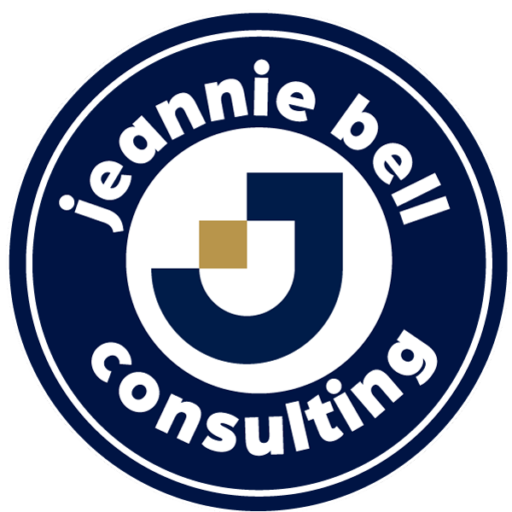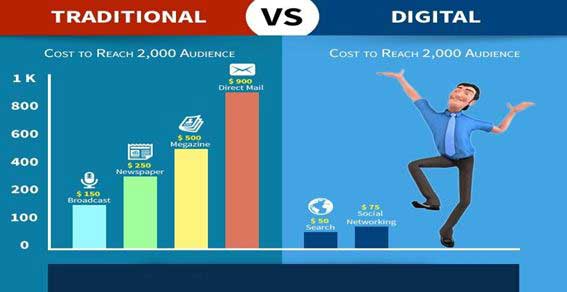So we all know what digital marketing is right? Right. So how come so many small and mid-sized business owners are not using digital marketing? Owners know “marketing” is a must but what the specific benefits are from a focused digital marketing plan is a little more opaque.
Without a clear understanding of the benefits, a business owner or the person inside the company who also does marketing; many businesses could have a less than optimal allocation of marketing resources. This, of course, leads to higher customer acquisition cost and more. Here is what digital marketing should mean for your business.
Increased Awareness –Most plans start with the same premise: go where your consumers are. This is especially important if your business does not have an established audience base. Your consumers are on the internet, and you have to be there too. Each of the main digital marketing channels (display, social, search, email, etc.) have specific capabilities to greatly widen awareness of your business depending on what stage of the buyer journey your consumers are on. Google has lots of online tutorials to help with education.
Consumer Targeting – All digital marketing channels allow for either audience targeting, where you can select details of your desired audience, or interest targeting, where you select interests relating to your desired audience. Specified targeting ensures the right category of people will see your business, whether it’s a display banner, search ad, sponsored post, etc.
Demographic Insight – Every business has an idea of who their consumers are, but digital marketing allows you to know exact details about your audience. Demographic insight gives the “who”, “what”, and “where” of your audience. Some of the demographic insights include age, gender, browser, location, browser type, etc. Understanding the different audience segments that resonate with your business can provide new growth opportunities for future marketing and growth initiatives.
Campaign Optimization – This is really important. Digital marketing is backed by data, which allow businesses to precisely measure their marketing efforts. Performance metrics like revenue, cost per acquisition, traffic, impressions, conversion rates, etc. are trackable measurements. As you track your business’s performance, you are able to gain valuable insight into your best sources of leads and how they behave to better optimization for future campaigns.
ROI – Optimizing your marketing strategy is good, but optimizing for ROI is even better. By tracking performance, marketing investment, and audience data, you can measure and optimize your ROI. Each digital marketing channel offers a different ROI based on the product or service category being offered. Understanding which channels drive the highest ROI for specific products or services is key to understanding your cost to acquire a customer and any potential cost efficiencies.
Cost-Effectiveness – Traditional marketing focuses on print magazine ads, broadcast media, newspaper ads, and direct mail. In addition to the lack of measurability and performance feedback, traditional marketing is comparatively expensive to digital marketing. All digital marketing channels allow for maximum reach for any budget.
Digital marketing offers opportunities to scale, gain valuable audience insights, and achieve the type of cost-effectiveness difficult to achieve with traditional marketing. What to grow your business and audience? Best to know who digital marketing can help.
If you’re a small business owner that’s interested in better understanding how a digital marketing strategy can benefit your business feel free to reach out for your own consultation.




